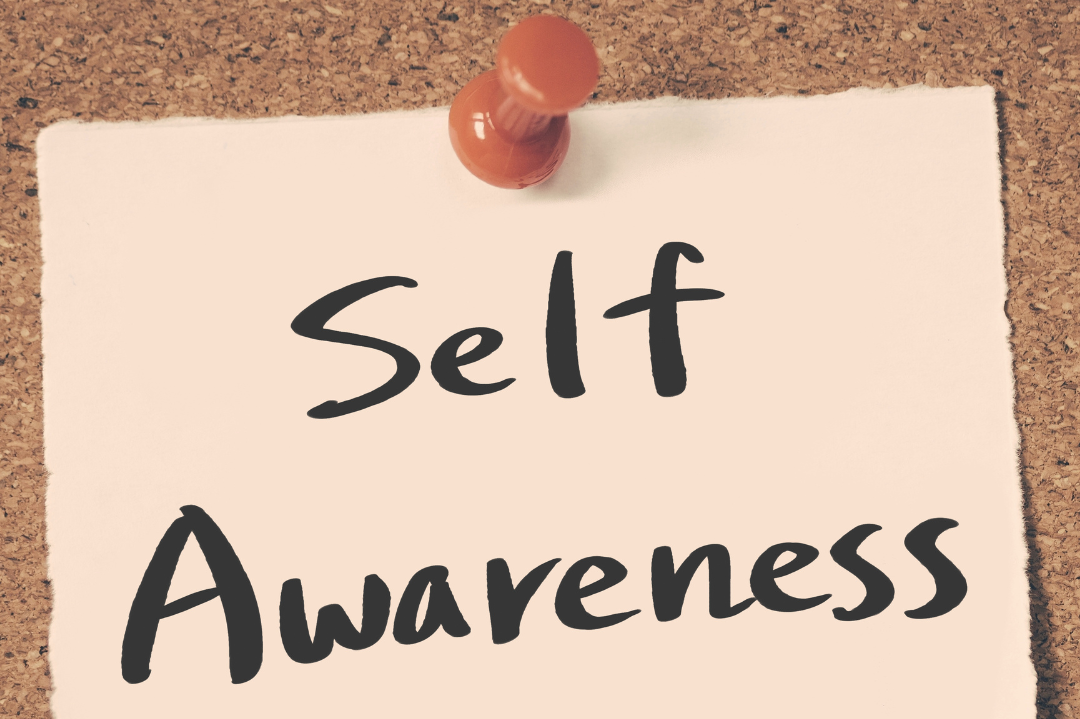Share This Story, Choose Your Platform!
The Importance of Self-Awareness in a Counsellor’s Abilities to Empower and Promote Personal Growth
Self-awareness entails the ability to recognize one’s thoughts, emotions, self-perceptions, and physiological responses and comprehend their influence on one’s behaviour. Additionally, it involves the capacity to identify one’s strengths, weaknesses, and approach life with confidence and a growth mindset. The significance of personal growth and self-awareness should always be recognised as essential in the field of counselling. These competencies are pivotal in shaping your capacity to guide clients on their journey of self-discovery. Self-awareness holds significance within several counselling theories, such as Existential and the Person-centred approach.
According to Rogers the Person-centred approach which is deemed most used in counselling practices clearly indicates that self-awareness is integral to achieving full self-acceptance. In addition to facilitating personal growth and change, individuals must elevate their awareness of their thoughts, emotions, and actions, ultimately embracing their reality. Throughout the counselling process self-awareness is a reccurring theme that promotes change. Thus, it is important for counsellors to continuously educate and actively work on their own self-awareness. I strongly advocate for counsellors to lead by example and embody the principles they impart. Counsellors should be open to be that vulnerable with themselves as they often suggest to their clients. Counsellors must genuinely embrace the principles they convey to their clients in order to be effective.
Through my personal counselling practical’s, we were challenged to be vulnerable, open, and honest with ourselves. Therefore, I have carried this over in my practice as a counsellor and it has proven to be beneficial for me and my clients.Actively working on my self-awareness has allowed me to collaborate with my clients and meet them where they are at. I have strengthened my ability to have empathy and hold the space especially when self-awareness becomes too much. I collaborate with my clients to work through this discomfort and to continuously grow, and from this, have learned that that sitting in that discomfort and being aware is something to celebrate. Counsellors who remain closed to vulnerability and neglect self-awareness may find it challenging to fathom the inner workings of others. A qualitative study conducted by Sharon Myers explored the promotion of personal growth among counselling students through self-awareness techniques, including self-reflection both individually and within group settings. This study revealed that engaging in such self-awareness practices led these students to confront their own vulnerabilities and to do some introspection. Consequently, these students reported an enhanced ability to empathize with their clients, as they, as counsellors, had personally experienced the vulnerability inherent in the journey of self-discovery.
It’s important to acknowledge that the response to self-awareness varies from person to person; nevertheless, I hold the view that the incorporation of self-awareness techniques can be an advantage not only for counsellors but for anyone seeking personal growth. Counsellors should prioritize their continuous education in various techniques, consider the client’s current state and their readiness to enhance self- awareness, and above all, actively listen to their clients. If clients are not yet prepared, it’s crucial to grant them the time they need, respecting that self-discovery is a personal and individual journey.
In conclusion, I believe that incorporating self-awareness techniques into our daily routines as counsellors can be incredibly beneficial. By taking small steps and embracing the power of self-reflection, even for those of us prone to overthinking, we can learn to live in the moment and savour the present.
Author: Karin Coetzee

References
Alex L. Pieterse, Minsun Lee, Arthur Ritmeester & Noah M. Collins (2013) Towards a model of self-awareness development for counselling and psychotherapy training,Counselling Psychology Quarterly, 26:2, 190-207, DOI:10.1080/09515070.2013.793451
Self-Awareness – Social Emotional Learning (SEL) Tools. (2022, June 2). Social
Emotional Learning (SEL) Tools. https://mylearningtools.org/self-awareness/?gclid=CjwKCAjwv-2pBhB-EiwAtsQZFAtB0r9oOg88Rs30Ql_rnn-9HP51Tcmot7r4oNieyTuGhHUxYlEnOBoC_3oQAvD_BwE
Meyers S.Volume 2, 2003 Author Index. (2003, December). Person-Centered & Experiential Psychotherapies, 2(4), 298–300. https://doi.org/10.1080/14779757.2003.96

